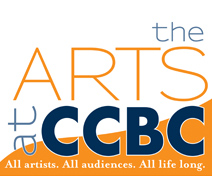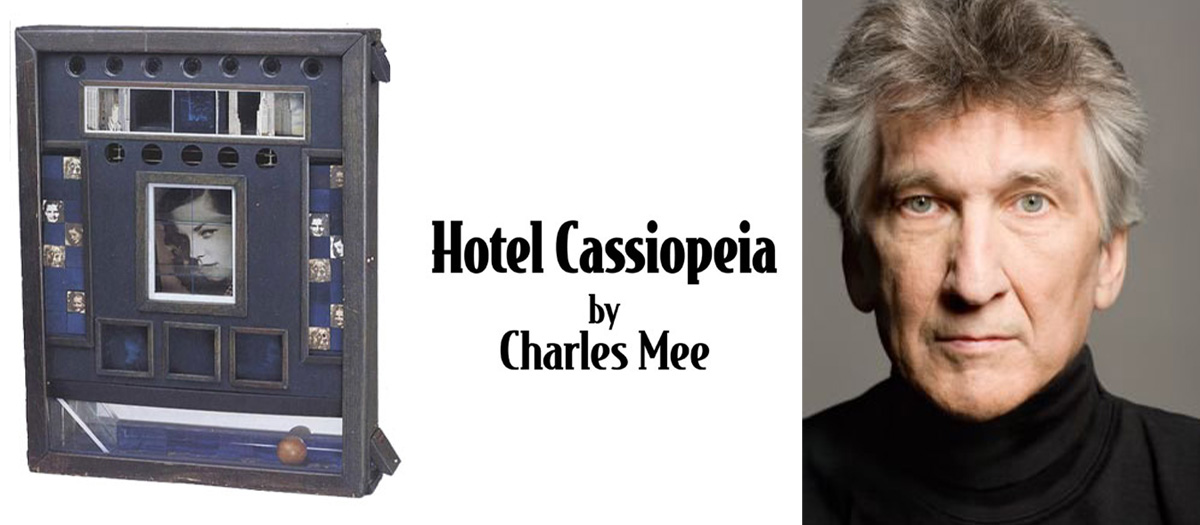Born September 15, 1938, American playwright, historian and author Charles Mee is known for his collage-like style of playwriting, which makes use of radical reconstructions of found texts. He is also a Special Lecturer of theater at Columbia University.
Mee was born in Evanston, Illinois. In his memoir A Nearly Normal Life (1999) he shares how contracting polio at the age of fourteen informed the rest of his life. In 1960 he graduated from Harvard University, moved to Greenwich Village and joined the Off-Off-Broadway scene. He began work at American Heritage publishing company in 1961 where he eventually became the editor of the hardback bi-monthly Horizon: A Magazine of the Arts. From 1962 to 1964 his plays were performed at venues that included La Mama E.T.C., Caffe Cino, Theatre Genesis, and the Ontological-Hysteric Theater. In 1965, to support his family, he went from writing plays to writing non-fiction books. His first book, Lorenzo De’Medici and the Renaissance, was published in 1969. Simultaneously, he participated in anti-war political campaigns, writing anti-war polemics. Meeting at Potsdam (1975) was chosen by the Literary Guild as a main selection and went on to be adapted for both film and television by David Susskind. His last published work of history was Playing God: Seven Fateful Moments When Great Men Met to Change the World (1993).
So I try in my work to get past traditional forms of psychological realism, to bring into the frame of the plays material from history, philosophy, insanity, inattention, distractedness, judicial theory, sudden violent passion, lyricism, the National Enquirer, nostalgia, longing, aspiration, literary criticism, anguish, confusion, inability.
Mee returned to playwriting in 1985 when he wrote a libretto for choreographer Martha Clarke’s Vienna: Lusthaus. He revised about a third of this script in 2002 which was reprised as Vienna: Lusthaus (Revisited). In 2004 Clarke and Mee collaborated on Belle Époque. He continued working his day job as the editor-in-chief at consumer health publisher Rebus, Inc. and writing books for several years.
In Hotel Cassiopeia, Mee explores twentieth-century American history and culture through the point of view of contemporary visual artist Joseph Cornell. Other Mee plays that take a similar approach through different points of view include bobrauschenbergamerica (Robert Rauschenberg), soot and spit (the musical) (James Castle), and Under Construction (Jason Rhoades and Norman Rockwell). “Chuck”, as Charles Mee prefers to be called, approached his longtime friend and chairman of the investment firm Morgan Stanley, Dick Fisher, for financial support. Chuck could write the plays and Dick would put in the money. Mee is grateful to the Fishers (Dick and his wife, Jeanne Donovan Fisher) for their complete support to do anything he wants with total freedom. Dick Fisher purchased one of artist Joseph Cornell’s evocative wooden collage boxes, entitled “Cassiopeia” and this sparked a connection with Mee; he was especially fascinated by Cornell. Mee says Cornell has been his dramaturge for many years.
“I thought this show was about Cornell,” Mee says. “But as I wrote, I realized, ‘Oh my God, this is my autobiography.’ I identify with Cornell in a way I didn’t actually know. He had an odd life, a terrifically interior life inside his own mind and emotions. The richest, most vivid part of his life was inside his own imagination. My play is about his inner life.”
See Hotel Cassiopeia March 23 – 27 at CCBC Essex, Robert and Eleanor Romadka College Center, F. Scott Black Theatre.
Performance Dates: March 23 at 11:10 a.m., March 24, 25 at 7 p.m., March 26 at 3 p.m. (ASL Interpreted), and March 27 at 10 a.m.
General admission $10, Seniors, Students, CCBC Faculty/Staff/Alumni $5, FREE for CCBC Students with current ID
Purchase tickets online at www.ccbctickets or call the Box Office at 443-840-ARTS.
#makeartfromdayone #ccbcperformingarts #performingartsatccbc #ccbctheatre #artsatccbc

